AESEDA Welcomes New Faculty Co-Hires, Strengthening Collaborative Research with Africa

Penn State’s Alliance for Education, Science, Engineering and Design with Africa (AESEDA) is proud to announce the addition of four new faculty members and a postdoctoral scholar for the 2022-23 academic year. These accomplished individuals bring expertise in Natural Hazards and Energy, Minerals and Materials to the College of Earth and Mineral Sciences (EMS). Their interdisciplinary and impactful work will play a crucial role in strengthening collaborations across Africa and addressing critical technological and societal challenges faced by many African nations.
AESEDA Director and Professor of Meteorology, Gregory Jenkins, expressed his excitement about welcoming these interdisciplinary scholars to AESEDA and EMS. He emphasized that their hiring marks a significant step forward in the strategic efforts to create a diverse community of scholars whose research is connected or relevant to Africa. He looks forward to the collaborations they will foster with partners in Africa and across the campus.
Let us extend a warm welcome to the new AESEDA members:
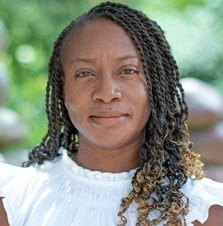
Dr. Ida Djenontin joins Penn State as an assistant professor of geography and a researcher affiliated with AESEDA. With a dual Ph.D. in geography and Environmental Sciences & Policy from Michigan State University, and a Master’s in International Development Practice from the University of Arizona, Ida currently serves as a postdoctoral officer at the Grantham Research Institute on Climate Change and the Environment (GRI) at the London School of Economics. She expressed her enthusiasm for joining AESEDA and the college of EMS, highlighting her focus on governance and institutional dimensions related to climate change, environmental change, and disasters in Africa. Her research program aligns with AESEDA’s vision of establishing fruitful institutional partnerships, incorporating underrepresented students, and collaborating on impactful scholarly activities and proposal development.

Dr. Shadya Sanders, a Postdoctoral Scholar in the College of Earth and Mineral Sciences, brings her expertise in Natural Hazards to Penn State. Her research examines how hazards are communicated, received, perceived, and how protective actions are taken by individuals facing risks. Shadya’s previous work emphasized the role of messaging in risk perceptions and protective action taking during severe weather events. She is passionate about convergence research, integrating social sciences research methods with atmospheric sciences and meteorology. Shadya expressed excitement about conducting research at Penn State, an institution that values interdisciplinary research. She also highlighted the opportunity to work with AESEDA, allowing her work to focus on the African diaspora and expand her international research efforts on the African continent.
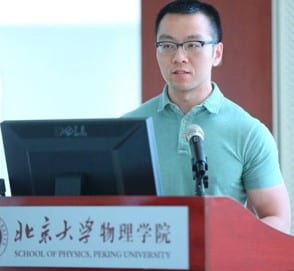
Dr. Yunji Zhang, joining from the Penn State Center for Advanced Data Assimilation and Predictability Techniques (ADAPT), specializes in mesoscale meteorology, predictability, numerical modeling, and data assimilation, particularly for severe weather events and associated hazards. Yunji’s research has shown promising results in using ensemble data assimilation techniques to improve forecast accuracy for potential tornadoes and hurricane track, intensity, and rainfall forecasts. With a background in atmospheric sciences and a Ph.D. from Peking University, China, Yunji is thrilled to join AESEDA. He believes that his work on improving high-impact weather forecasts using non-conventional remote-sensing observations and computer weather models can have a positive impact on vulnerable populations in developing countries, particularly in Africa.
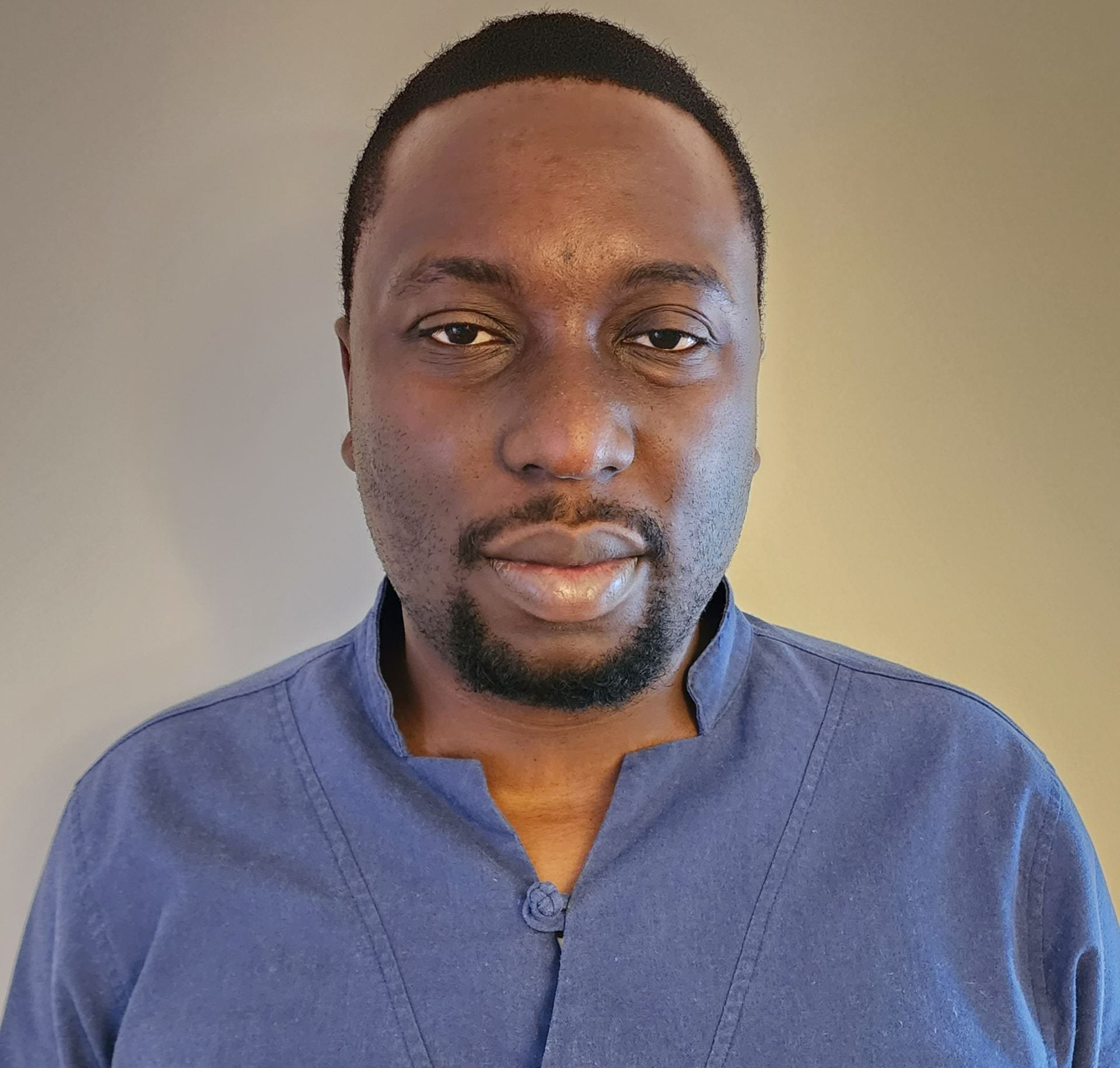
Dr. Olumide Ogunmodimu, an assistant professor in the Department of Energy and Mineral Engineering (EME), will contribute his expertise in comminution and classification in mineral processing to Penn State. With a master’s degree in Energy studies and a Ph.D. in Chemical Engineering from the University of Cape Town, South Africa, Olumide combines his knowledge of natural science, advanced mathematics, and process engineering to understand granular and fluid dynamics. He is passionate about engineering a sustainable Africa through cutting-edge research and collaboration. Olumide is excited about working alongside renowned scholars in his field to address global challenges in energy and minerals processing, and he looks forward to the collaborative opportunities AESEDA provides.
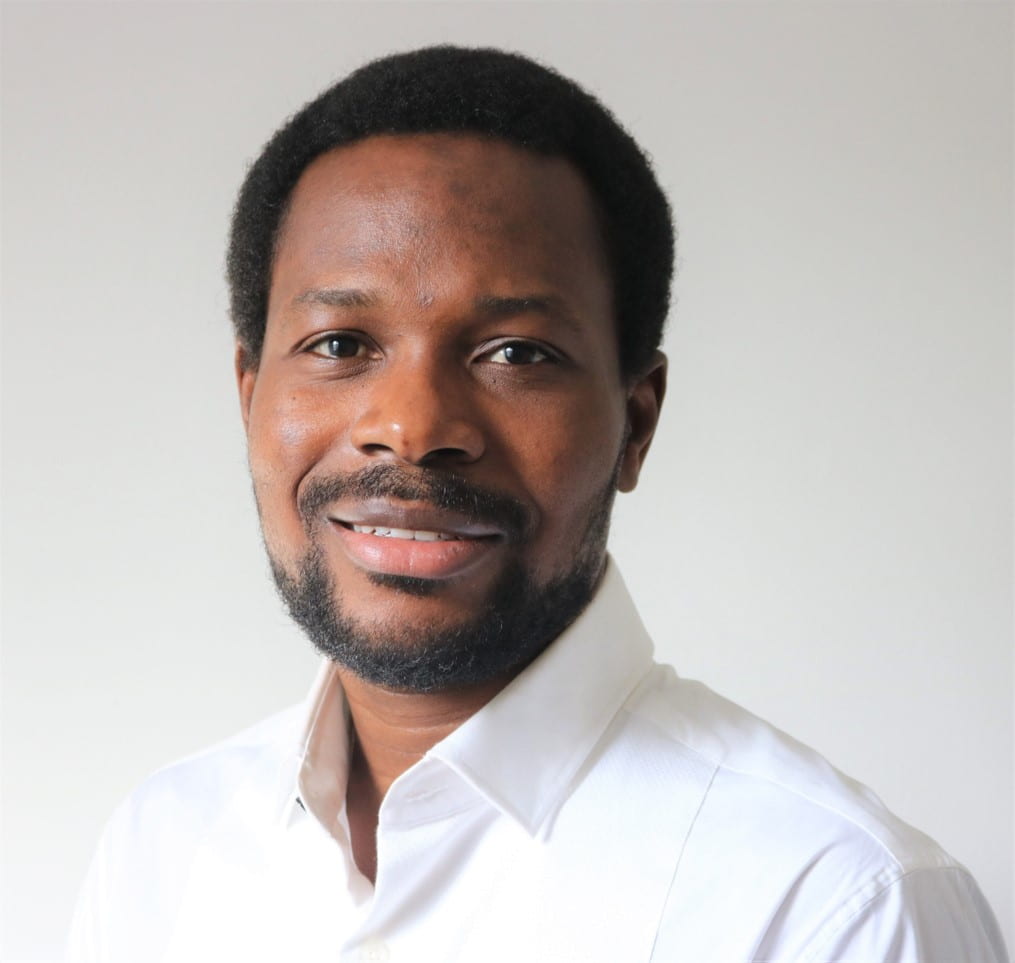
Dr. Nutifafa Yao Doumon, an assistant professor in the Department of Energy and Mineral Engineering (EME), brings expertise in hydrometallurgy, electrochemistry, and sustainable mineral resource development to Penn State. With a PhD in Chemical Engineering from the University of Cape Town, South Africa, Nutifafa’s research focuses on metal value recovery from waste, minerals processing technologies, and sustainable mineral resources. She is particularly interested in addressing challenges faced in Africa’s minerals and energy sectors. Nutifafa looks forward to the research collaborations that AESEDA offers and is excited about contributing to knowledge sharing on the African continent.
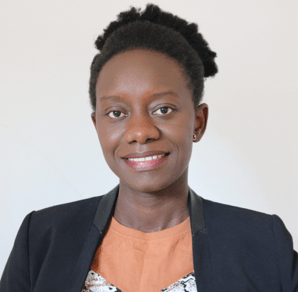
Dr. Ivy Mawusi Asuo, an assistant research professor in the Department of Materials Science and Engineering (MatSE), is an expert in energy materials synthesis for photovoltaic and optoelectronic devices, particularly halide perovskites. With a PhD in Energy and Materials Science from the Institut National de la Recherche Scientifique (INRS-EMT), Canada, Ivy has been involved in the scientific development of materials for energy saving and conversion. Her work extends to the establishment of a local fabrication laboratory for urban mining of electronic and plastic waste in Ghana. Ivy dreams of setting up a research center to make laboratory research accessible to all up-and-coming scientists, especially young female students in Africa. She is thrilled to collaborate with like-minded scholars through AESEDA and participate in impactful activities to contribute to the continent’s development.
AESEDA’s collaboration with these accomplished faculty members and postdoctoral scholars reflects the commitment to tackle complex societal problems across Africa. Through creative, collaborative, and inspiring interdisciplinary and transdisciplinary research, AESEDA continues to make a lasting impact on the continent.